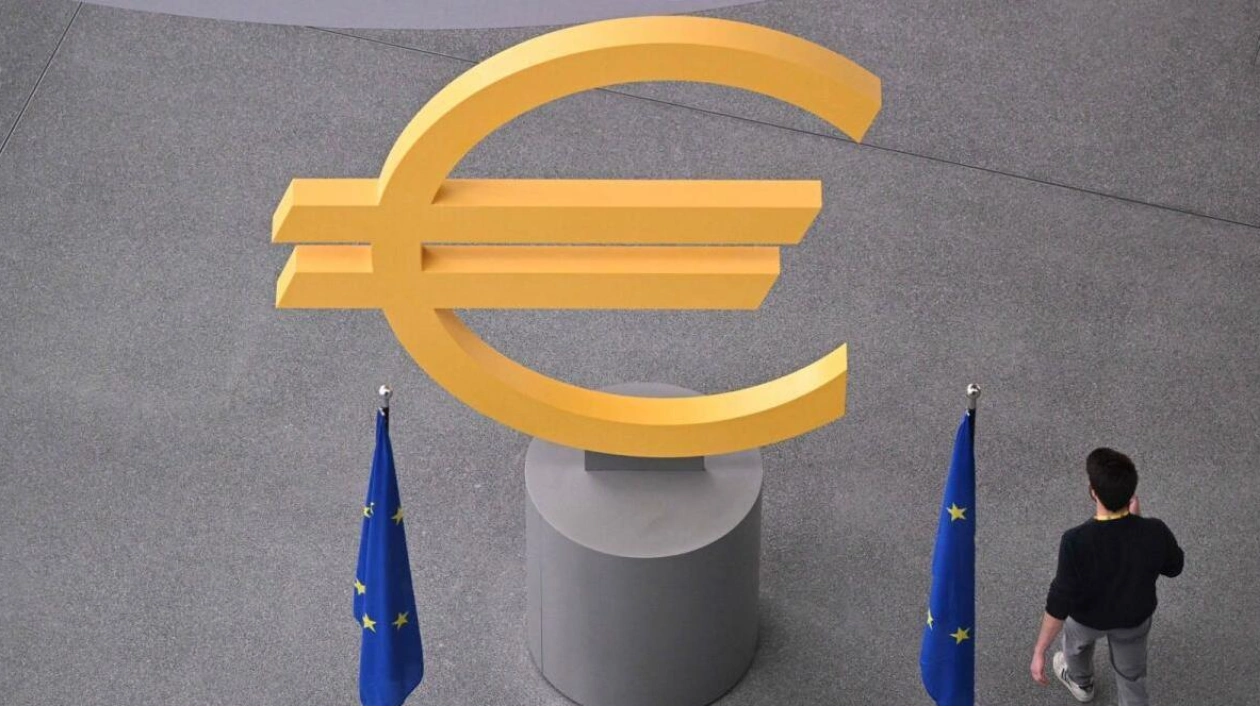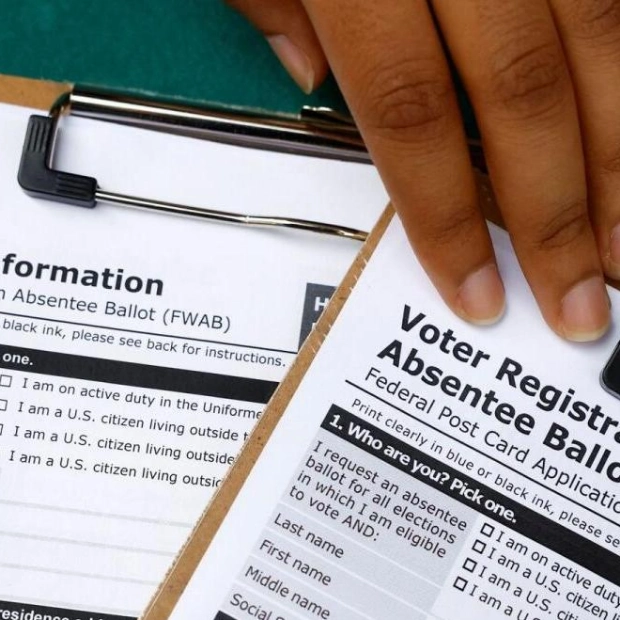The euro has reached its highest point this year against the dollar, emerging as the clear winner from recent global currency market disruptions that have unsettled the strong dollar and halted the relentless decline of Japan’s yen. Having decisively surpassed the symbolic $1.10 mark, the euro’s gain of over 2.5% in August positions it for its best month since November. Traders, previously distracted by the yen’s sudden surge following a surprise July 31 Bank of Japan rate hike and a broad-dollar decline due to growing expectations for US interest rate cuts, are now focusing on the euro. Historically, $1.10 has been a challenging level to breach, and as recently as April, some analysts speculated that the euro could weaken to parity. It is now the second best performing major currency against the dollar this year, trailing only sterling. The expected modest gains are significant as US Federal Reserve rate cut discussions coincide with speculation that further European Central Bank easing could be limited by persistent service-sector inflation.
“It’s a rate differential story,” stated Commerzbank currency analyst Volkmar Baur. “Inflation is decreasing on both sides of the Atlantic, but the Fed is anticipated to be more aggressive in its rate cuts, which narrows the rate spreads and supports a stronger euro.” Market expectations suggest the ECB, which reduced rates in June, could implement at least two additional 25 basis point cuts. In contrast, traders anticipate 94 basis points of Fed cuts across its remaining three meetings this year, indicating three 25 basis point cuts with a possibility of one larger cut. This shift followed weak US labor market data, which sparked recession fears and affected stocks and bonds. Although markets have since stabilized, expectations for policy easing persist. Certainly, the euro is not the only currency to have strengthened against the dollar in August, but it presents the fewest complications for traders seeking a relatively safe forex bet. The yen remains volatile after the unwind of a significant carry trade, and sterling has gained less following a UK rate cut and eased French political risks.
“We’ve seen some risks removed from the euro, such as the French election,” commented Salman Ahmed, global head of macro and strategic asset allocation at Fidelity International. “It’s now more focused on central bank actions.” However, the euro may find it challenging to advance further from here. It is currently at the upper end of recent trading ranges, and there is less room for rate differentials to further favor it. Commerzbank predicts the euro will reach $1.11 by year-end, unchanged from its current level. ING forecasts it at $1.12 in a month before retreating to $1.10, and BofA expects $1.12 by year-end. “My strategy since the second quarter of 2023 has been to trade within the range. Buy the euro at $1.05 and sell when it exceeds $1.10,” advised Mathieu Savary, chief European investment strategist at BCA Research. For some, this might mark the peak of the euro’s gains. “These are the strongest levels for the euro you should anticipate until the end of the year,” said Guy Stear, head of developed markets strategy at the Amundi Investment Institute, who believes the case for further ECB cuts is stronger than for the Fed. A recent rebound in the euro zone economy shows signs of slowing, while a measure of German investor sentiment experienced its sharpest decline in two years in August. In contrast, the next set of US job data might indicate that July’s weak report was merely a temporary anomaly.
Another factor to consider is the Nov. 5 US presidential election. Analysts suggest that Republican candidate Donald Trump’s policies of higher tariffs and lower taxes could lead to higher inflation, necessitating tighter Fed policy and a stronger dollar. Rabobank’s head of currency strategy, Jane Foley, noted the euro’s recent rise coincided with Democratic rival, US Vice President Kamala Harris, gaining in opinion polls. “What could truly push euro/dollar above $1.10 and maintain it there is a Harris victory and a US economic slowdown,” she remarked.






